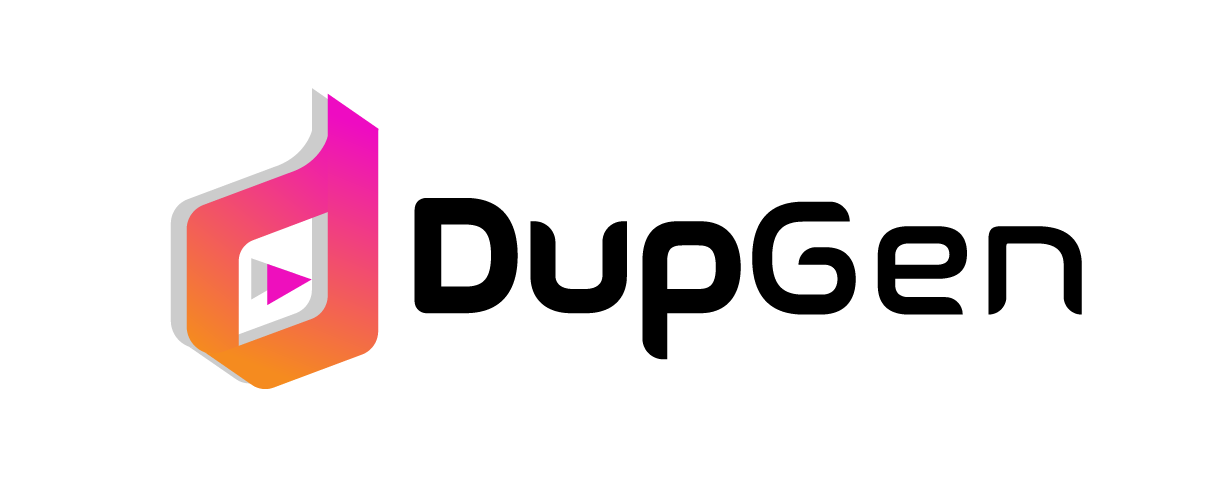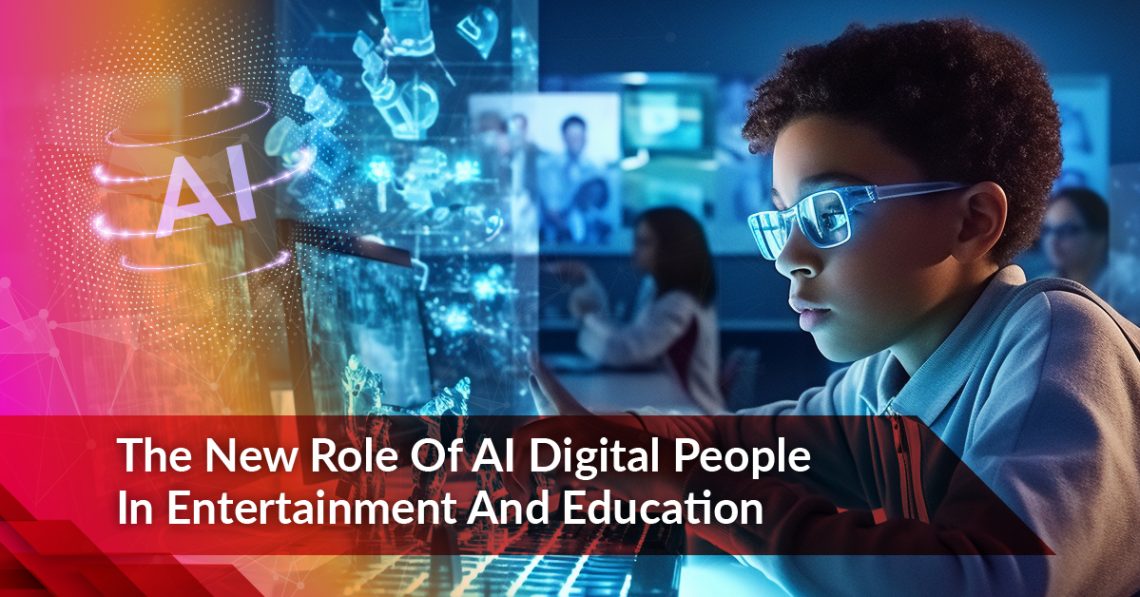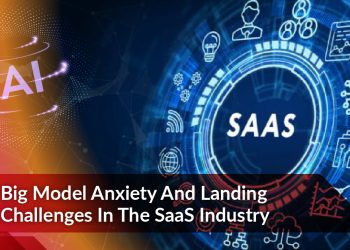In recent years, artificial intelligence (AI) has significantly reshaped numerous sectors, and two areas where this transformation is particularly pronounced are entertainment and education. AI digital people—virtual entities designed to engage, inform, and entertain—are becoming increasingly integrated into these fields, creating new dynamics and opportunities. This blog explores the evolving role of AI digital people in entertainment and education, examining their benefits, challenges, and potential future developments.
AI Digital People in Entertainment
1. Virtual Characters and Actors
The entertainment industry has seen a dramatic rise in the use of AI digital people, especially in film and video games. AI-generated characters can be designed to portray complex emotions, perform stunts, and interact with human actors seamlessly. With advances in CGI and AI algorithms, filmmakers can create lifelike characters that enhance storytelling. For instance, films like The Mandalorian have used AI to create hyper-realistic digital characters, pushing the boundaries of what is possible in cinematic experiences.
2. Personalized Content Creation
AI digital people are also revolutionizing content creation. AI algorithms can analyze audience preferences and generate personalized content tailored to individual tastes. Streaming platforms like Netflix use AI to recommend shows and movies, while AI-generated music and art are gaining traction on platforms such as OpenAI’s Jukedeck and DALL-E. These developments not only enhance user engagement but also democratize the creative process, allowing anyone to produce content using AI tools.
3. Virtual Influencers and Marketing
Virtual influencers, powered by AI, are emerging as a new phenomenon in social media marketing. Brands collaborate with these digital personas to promote products in innovative ways. Unlike traditional influencers, AI digital people can be programmed to embody specific traits, aesthetics, and values, appealing to various demographics. For example, characters like Lil Miquela have garnered millions of followers, showcasing how AI can create engaging narratives that resonate with audiences.
AI Digital People in Education
1. Personalized Learning Experiences
In education, AI digital people are transforming the way students learn. Intelligent tutoring systems can provide personalized learning experiences, adapting to individual student needs. Virtual tutors can assess a student’s strengths and weaknesses, offering tailored resources and support. This customization enhances student engagement and improves learning outcomes, as learners receive assistance that aligns with their unique learning styles.
2. Virtual Classrooms and Immersive Learning
The rise of AI digital people is facilitating the development of virtual classrooms that simulate real-world interactions. AI avatars can serve as instructors or peers, providing a more interactive and immersive learning experience. For example, platforms like Engage use AI-driven avatars to create virtual environments where students can collaborate, practice language skills, or participate in simulations. This approach enhances engagement and encourages active participation, making learning more dynamic and enjoyable.
3. Accessibility and Inclusivity
AI digital people are also playing a crucial role in making education more accessible. Virtual tutors can support students with disabilities by providing personalized assistance and adapting learning materials to their needs. For instance, AI-powered speech recognition can assist hearing-impaired students, while AI-generated content can be tailored for various learning disabilities. This inclusivity fosters a more equitable learning environment, ensuring that all students have the opportunity to succeed.
Challenges and Ethical Considerations
Despite the numerous benefits of AI digital people in entertainment and education, there are challenges and ethical considerations to address. Privacy concerns arise when using AI to collect and analyze user data for personalized experiences. Additionally, the potential for AI to perpetuate biases in content creation and learning materials must be critically examined. Educators and content creators need to be aware of these issues and work towards developing AI systems that prioritize ethical standards and inclusivity.
Conclusion
AI digital people are redefining the landscape of entertainment and education, offering innovative solutions and transformative experiences. From virtual characters in films to personalized learning environments, these digital personas enhance engagement, creativity, and accessibility. However, as we embrace the potential of AI in these fields, it is crucial to navigate the ethical considerations and challenges that accompany this technological advancement.
The future of AI digital people in entertainment and education is promising, presenting opportunities for further innovation and growth. By fostering collaboration between technology developers, educators, and creators, we can harness the power of AI to enrich our cultural and educational experiences, ultimately leading to a more connected and informed society.
Are you ready to dive deeper into the topics you love? Visit our website and discover a treasure trove of articles, tips, and insights tailored just for you!





